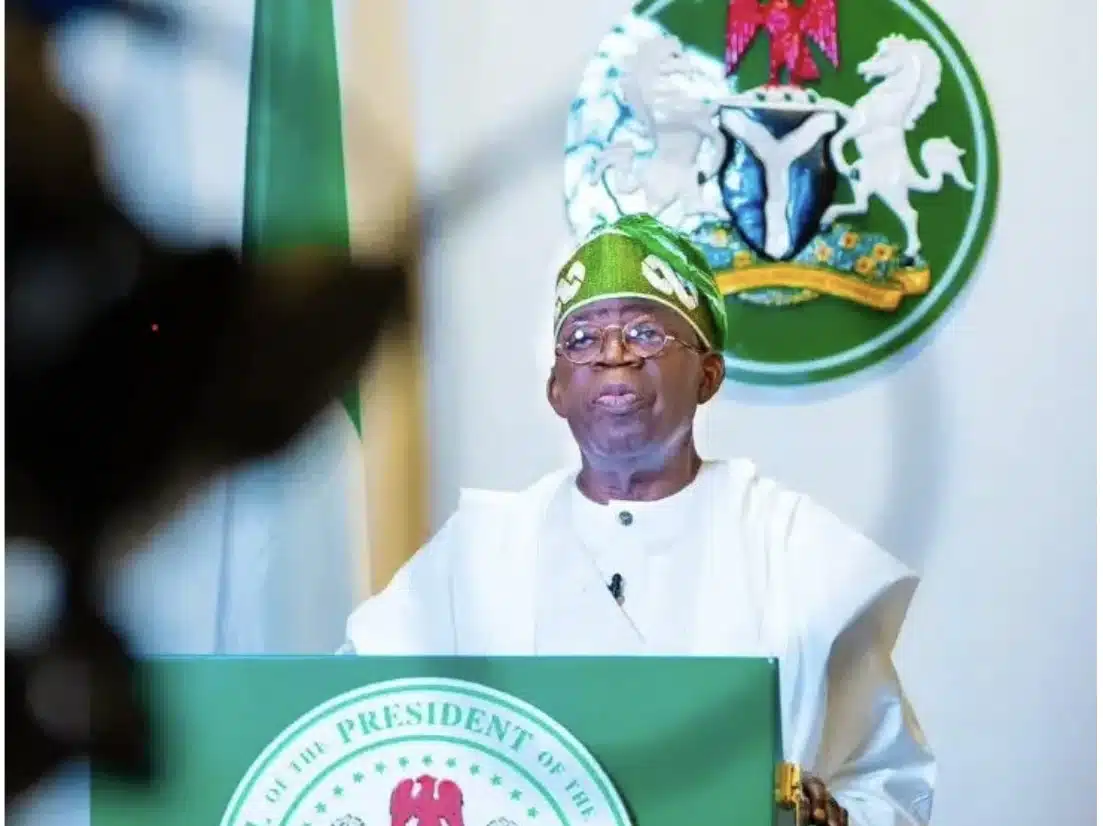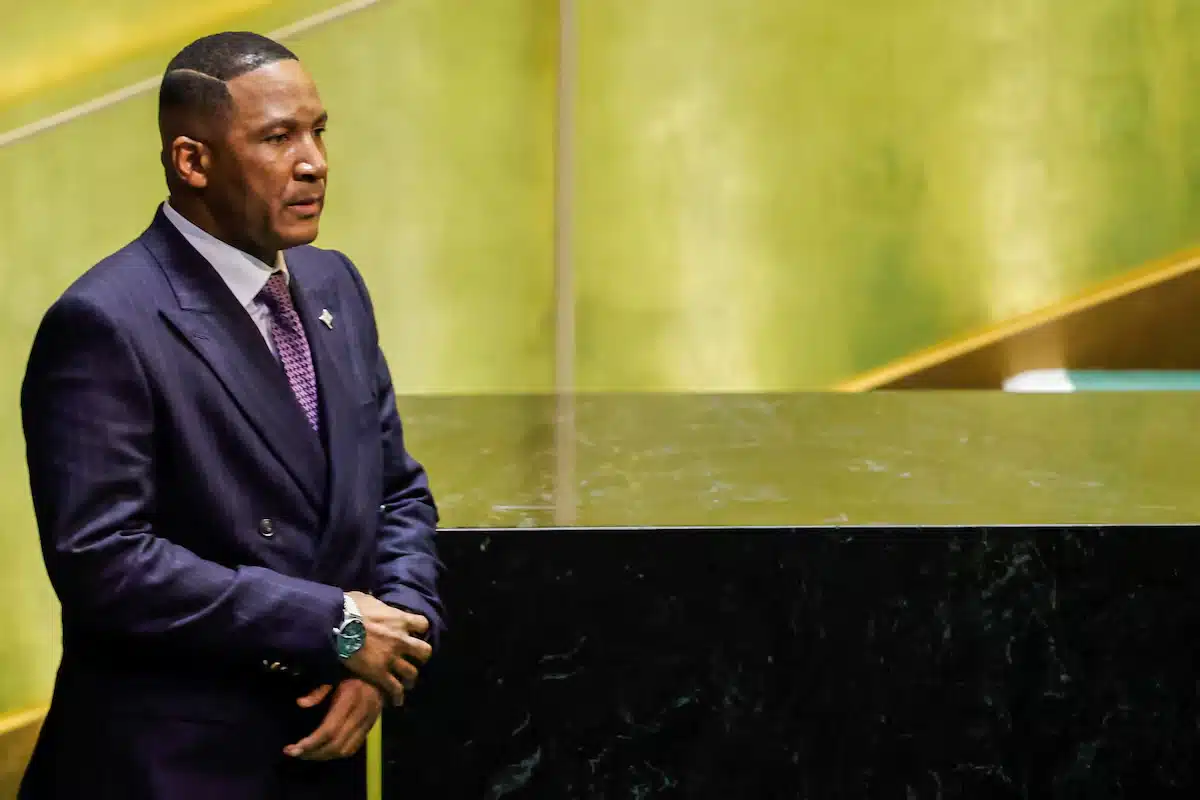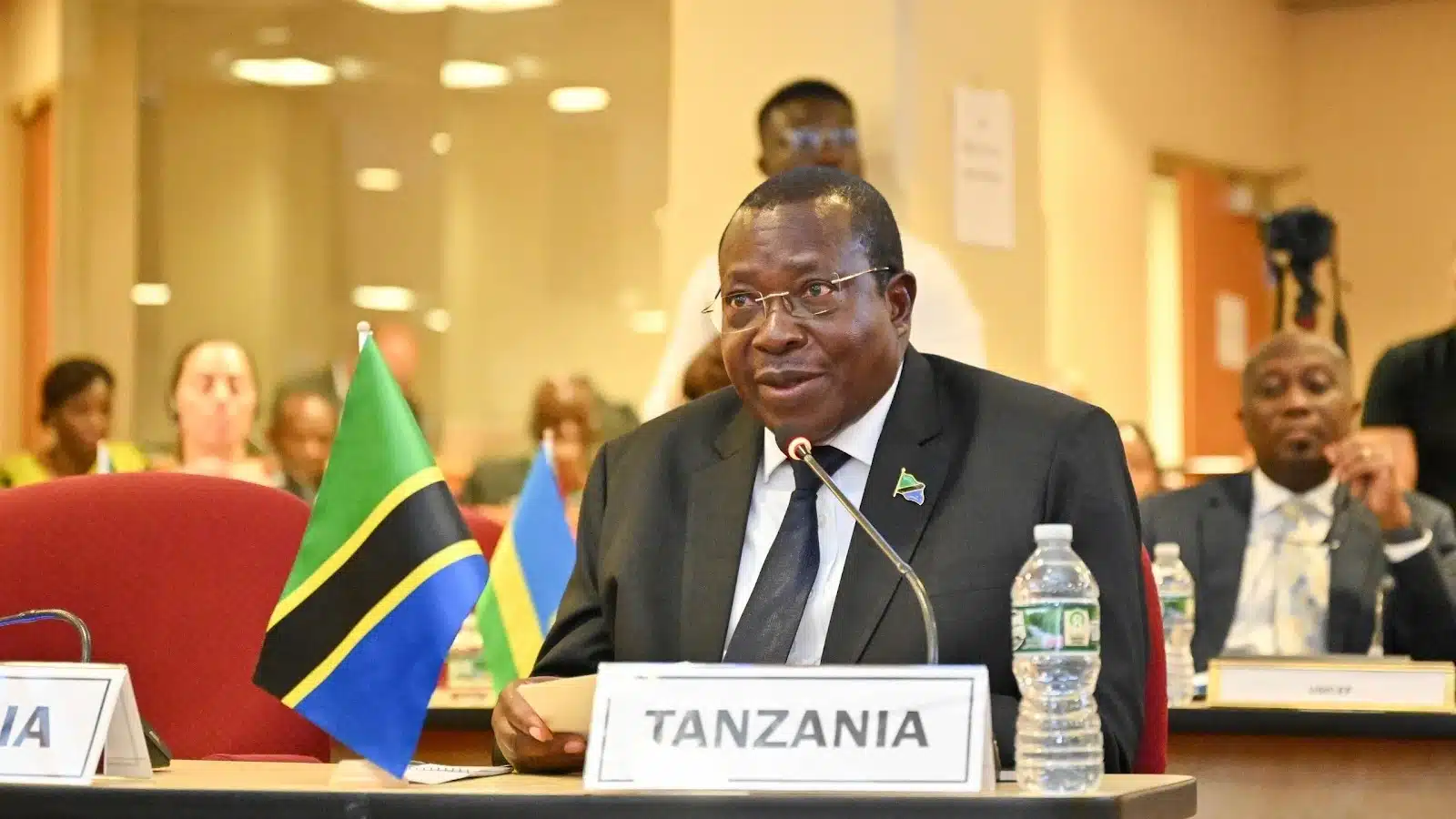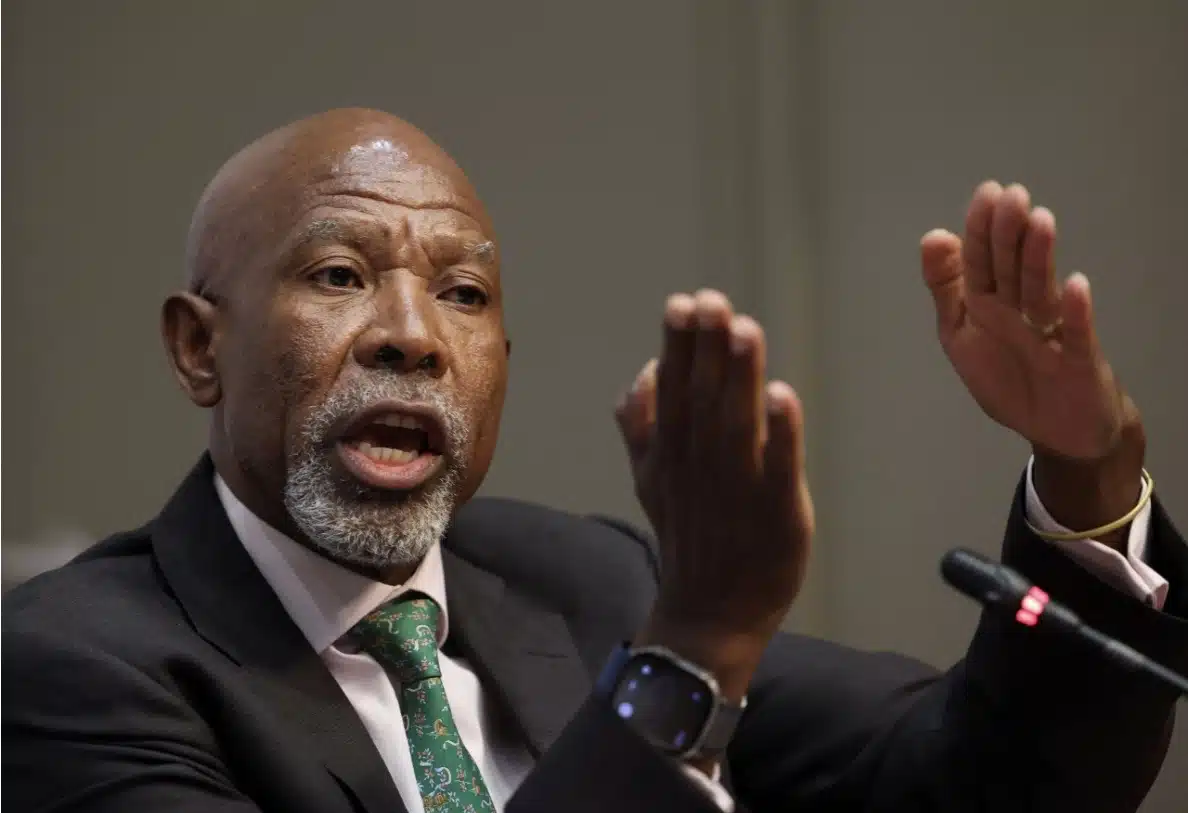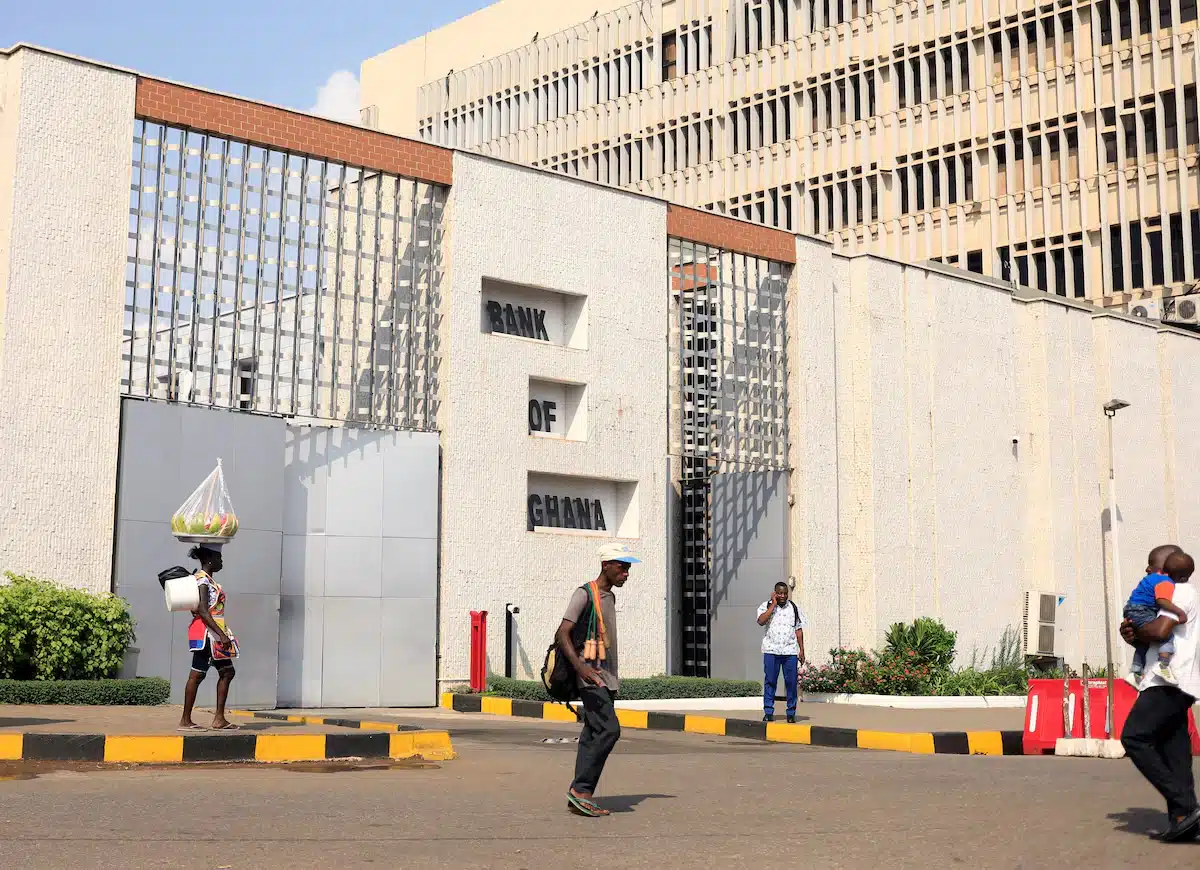Artificial intelligence (AI) has emerged as the leading strategic priority for African CEOs as they plan for 2026, with 71% now investing in AI to enhance operational efficiency, competitiveness, and long-term resilience, according to KPMG’s 2025 Africa CEO Outlook report.
The survey, which reflects the views of 130 CEOs across Southern, East, and West Africa, shows that 26% intend to allocate more than 20% of their annual budgets to AI adoption. This is nearly double the global average of 14%.
The report notes a clear shift in executive mindset. “Despite declining economic optimism, CEOs across West Africa (65%), East Africa (40%) and Southern Africa (38%) view AI not only as a future growth engine but as an immediate lever for efficiency gains and better decision-making,” KPMG said.
However, the British multinational professional services firm highlighted that infrastructure gaps continue to slow progress. Unreliable electricity, limited broadband access, and legacy IT systems remain major barriers to scaling AI-powered solutions across the continent.
In addition, 96% of CEOs cited data readiness as a core challenge, pointing to the need for stronger local data storage, curation, and processing capabilities. To address this, companies are prioritising digital resilience and cybersecurity (45%), integrating AI into workflows (40%), and investing in scalable technology solutions (34%).
AI’s rapid adoption has been fueled in part by global advances in generative AI models since 2022, led by OpenAI, Google, Anthropic, Meta, and others. A recent GSMA report estimates AI could add $2.9 trillion to Africa’s GDP in the coming years.
According to Joelene Pierce, CEO Designate of KPMG South Africa, organisations must adopt tailored approaches when deploying AI. “Each company must evaluate whether to build, buy, or partner. The right strategy depends on capabilities, risk appetite, and desired outcomes,” she said.
The report also warns of emerging cybersecurity risks linked to quantum computing and highlights low levels of awareness among African CEOs regarding the vulnerability of current encryption systems. Concern about quantum-related threats ranged from just 14% in West Africa to 35% in East Africa.
Talent remains central to AI adoption. The survey found that 81% of African CEOs see AI-related upskilling as directly tied to organisational success. Meanwhile, 67% are already redeploying staff into AI-enabled roles, and 88% expect to increase headcount as digital transformation accelerates.
“Africa’s relatively young workforce is a strategic advantage,” said Tola Adeyemi, CEO of KPMG West Africa. “It gives organisations more time to build future-ready talent pipelines, with lower generational skills gaps compared to other regions.”
Regionally, West African firms are leading in redesigning roles to reflect human-AI collaboration (65%) and redeploying workers from traditional to AI-enabled positions (70%). East African CEOs are prioritising new hires with AI skills (62%), while Southern Africa is balancing both hiring and reskilling strategies.





